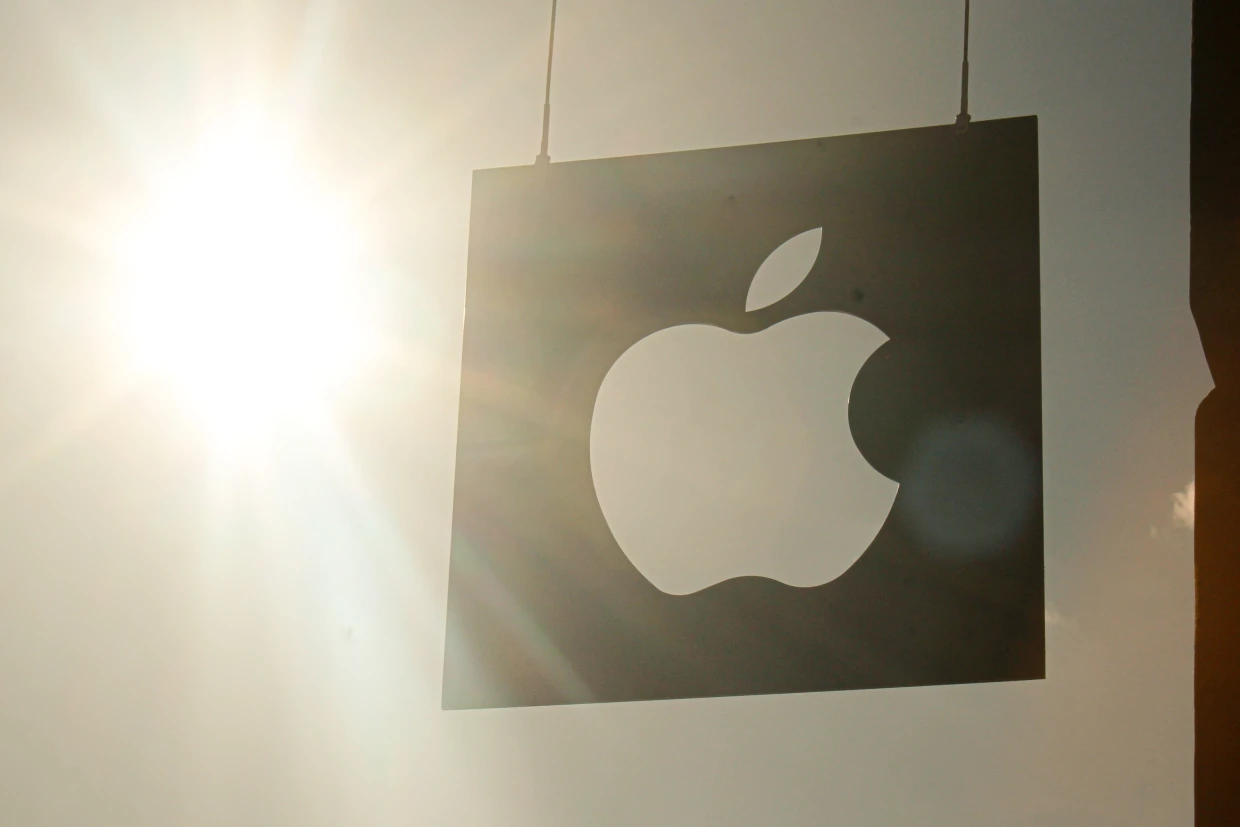Apple stock had a rough day of trading on February 10, just like the rest of the market. Here is why, and what could happen next.$Apple(AAPL)$
On February 10, Apple stock (AAPL) -Get Apple Inc. Report ended the trading session lower by 2.4%, valued at $172. The dip was more substantial than that of the S&P 500, which declined 1.8%. Trading was also marked by intense volatility and a clear lack of “share price floor”.
Now, the Apple Maven assesses the damage. What tipped Apple stock on Thursday, just when it showed signs that it could reach a $3 trillion market cap again? Lastly, I ask the question: could inflation hurt Apple’s ability to execute and, ultimately, crush the stock?
 What caused AAPL to fall
What caused AAPL to fall
There was not much, if anything at all, that could have tripped AAPL from a business fundamentals point of view. The Cupertino company hasalready delivered its fiscal Q1 resultsand outlook, and investors seem pleased by how Apple has been performing.
The key bearish factor this Thursday was macroeconomic in nature. The latestreadon consumer price inflation pointed at a multi-decade high of 7.5%, which was worse than the expected 7.2% and higher than December’s 7.0% — back then, a multi-decade record as well.
Higher inflation does not have to be bad for Apple specifically, but it creates a chain reaction in the entire economy that can be perceived as highly bearish for many stocks.
First, high inflation means that less fiscal and monetary stimuli is appropriate to fight rising prices. In fact, many now believe that the Federal Reserve needs to shift more drastically from accommodative to austere by raising short-term rates more aggressively in 2022.
St. Louis Fed President James Bullard, for example,spokeof his personal preference for a 50-basis point increase in March and rates at 1% by as soon as July 2022. At the exact moment of his comments, Apple stock and virtually all risk assets tumbled further.
Second, rising prices mean less money in consumers’ pockets to spend on things like vacations or a new iPhone. In fact, inflation at its most destructive levels (which we have not seen in the US in many decades) can cause economic growth to slow down.
Third, rising prices that lead to higher interest rates are bad for growth stocks. This may explain, for example, why the tech-rich Nasdaq performed worse on February 10 than, say, a basket of value stocks(VTV) -Get Vanguard Value ETF Report or the industrials-rich Dow 30 (DIA) -Get SPDR Dow Jones Industrial Average ETF Trust Report.
The math here is straight-forward: higher interest means a higher discount rate that investors use to value cash flow. The further out in the future these cash inflows are (i.e., typically the case of growth companies), the lower their present value.
What could happen next
With Q4 earnings season largely in the rearview mirror, it is very likely that Apple and the stock market at large will be impacted mostly by macroeconomic news in the short term. Among the key factors are inflation and the monetary policy response.
To be honest, I do not think that this dynamic bodes well for AAPL. The stock is most likely to thrive when investors pay attention to the company’s strong business fundamentals; and less likely, when the topics of discussion are consumer prices and yields.
Still, from a seasonality perspective, Apple stock tends to produce its best few months of gains right around this time of the year. The chart below depicts return seasonality vs. the S&P 500. While February has historically been a bit weak for AAPL, March and April rank among some of the best months.

Now, I believe there should be a very clear distinction between investing in Apple stock for the long term and trading it in the short term. On the latter, as I suggested above, sentiment seems to be tilting bearish for reasons that escape the Cupertino company itself.
But on the former, Apple is unlikely to get hurt too badly by rising prices. This is the case because the company is one of the most likely in the tech and consumer discretionary spaces to pass rising costs to consumers. This is the case because (1) the appeal of the Apple brand seems to be at a historic peak and (2) Apple’s consumers seem to be less price sensitive.
The exception, in my view, is a scenario of substantially higher inflation and a drastic slowdown in economic activity. That is, I think that Apple’s business should weather the current headwinds fine, but not so well in case of a full-blown recession.
Comments